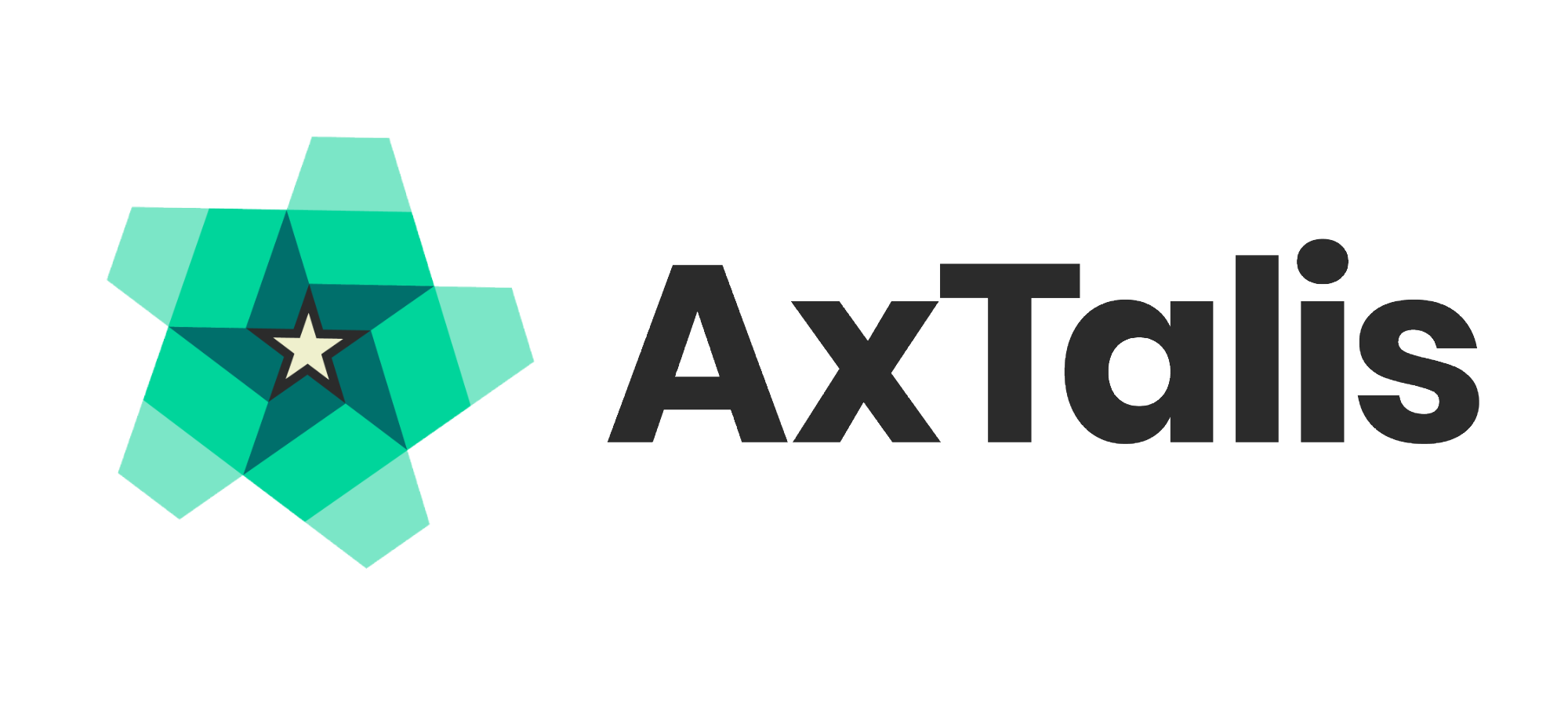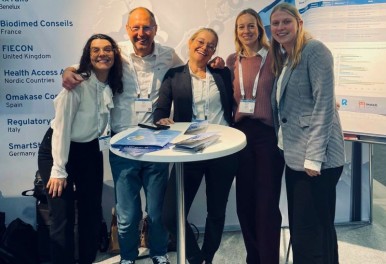The integration of #generativeai in #HEOR was one of the many interesting topics discussed at #ISPOREurope 2023.
At AxTalis one of our focus points is on how to ingegrate #AI in #HEOR as it has the potential to accelerate processes, enhances consistency and reduces costs. Developping #AI-generated tools for systematic literature reviews, network meta-analyses, and #R-based health economic, patient flow and budget impact models are focus areas within our HEOR departement. While concerns like transparancy, reproducibility and biases still exist, providing additional context and guidelines to these #llm based bots, along with human quality control, can effectively mitigate risks.
#HTAbodies might not be fully prepared to assess #AI-generated models and dossiers just yet, but that’s only a matter of time.
Let’s navigate these advancements mindfully for a more efficient future, ensuring #access to patients.
Congrats also to Maud Brijs with her poster presentation on the assessment of the impact and strategic implications of the EU HTA Regulation on national processes.


